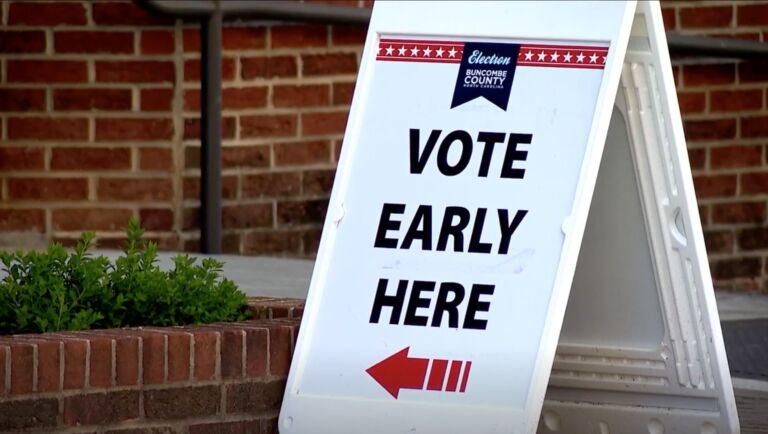The US Senate and US House went into recess in late September and are now returning to Washington today to resume unfinished business during the lame duck period. The House is scheduled to take up many bills, including the Government Reports Elimination Act (HR 4194) that would eliminate 48 federal government reports and modify requirements for several other reports. The House is also going to hold elections to select their leadership for the upcoming 114th Congress. The Senate Appropriations Committee will hold a hearing to review Obama’s request to Congress for $6.18 billion in emergency appropriations to respond to the Ebola outbreak at home and abroad. The Senate will also take part in some leadership elections since the Republican Party will be in control for the next congress.
Congress has until December 11, 2014 to pass a budget bill for 2015 before the continuing resolution expires. Congress may decide to enact an omnibus package, which would include all 12 appropriations bills, or another continuing resolution. If another continuing resolution were passed, it would allow the newly elected Congress to evaluate the budget after the first of the year. Some suggest that leaders in the House and Senate support finishing fiscal 2015 full-year appropriations in the lame duck in order to avoid any threat of a government shutdown and to allow the incoming Congress to start fresh with the fiscal 2016 appropriations process. High-ranking members of Congress might not agree with this strategy, but over the next few weeks will give a good indication of what will happen to avoid a government shutdown. Some analysts have said they may succeed in finishing a complete fiscal 2015 package because the Bipartisan Budget Act of 2013 set caps on defense and nondefense spending ($521.3 billion and $492.4 billion).
If avoiding a government shutdown wasn’t enough to deal with during the holiday season, Congress will also have to address the temporary extension of the Internet Tax Freedom Act, which bans state and local taxes on Internet access. It is set to expire on December 11. The Marketplace Fairness Act (it authorizes states to force online and other remote retailers to collect sales taxes on remote purchases) is predicted to be in the discussion as an exchange for renewing the ban on Internet access taxation.
National Election Results and North Carolina Members:
US Senate – 52 Republicans, 44 Democrats, and 2 Independents
Thom Tillis (R) and Richard Burr (R)
US House – 244 Republicans and 184 Democrats, with several races still too close to call.
District 1 – G.K. Butterfield (D)
District 2 – Renee Ellmers (R)
District 3 – Walter Jones (R)
District 4 – David Price (D)
District 5 – Virginia Foxx (R)
District 6 – Mark Walker (R)
District 7 – David Rouzer (R)
District 8 – Richard Hudson (R)
District 9 – Robert Pittenger (R)
District 10 – Patrick McHenry (R)
District 11 – Mark Meadows (R)
District 12 – Alma Adams (D)
District 13 – George Holding (R)


